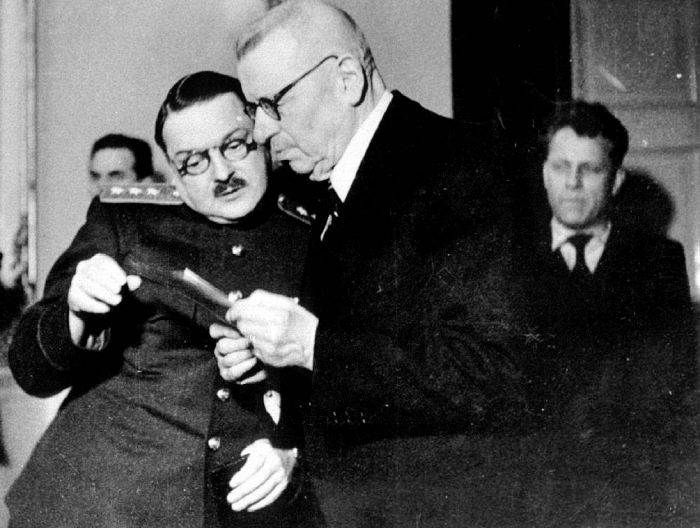![252px-US-MarshallPlanAid-Logo.svg[1].png 252px-US-MarshallPlanAid-Logo.svg[1].png](https://forumcontent.paradoxplaza.com/public/367706/252px-US-MarshallPlanAid-Logo.svg[1].png)
The Marshall Plan was a program for European recovery after the II World War. It was an economic assistance for the European countries suffering from the outcome of the war. The United States of America funded this program and they gave in today's money over 100 billion dollars for rebuilding Europe. However, there were nations who did not receive this aid for a reason or other.
Finland was involved in the World War II and the country was suffering heavily of the outcome. Barely maintaining its independence Finland had lost extensive land areas and nearly 20% of the total population had to leave their former homelands 'cause the cession of territories. Anytime during the country's history Finland has not been so near the total collapse, economic and humanitarian disaster. The need for this Marshall Plan was enormous in the country

From the picture above is seen the nature of the matter. To survive and remain among the nations, the president of Finland (J.K. Paasikivi in the center) has to listen and follow the instructions from Moscow. (presented by Allied Control Commission, Andrei Zdanov, left from Paasikivi). The Soviet Union resisted and rejected the Marshall Plan. Finland did not have any other possibilities than accompany with the Soviets and the Government of Finland had to reject the Marshall Plan.
![akostko1[1].gif akostko1[1].gif](https://forumcontent.paradoxplaza.com/public/367712/akostko1[1].gif)
Against all the fairness, in the outcome of World War II, in Finland the people were suffering and living under the rules of rationing, there was no Marshall Plan for the country, everything was done under the rules of Moscow and this event has its own political term, Finlandization. In practice it means, you have to do what the others say.
The Marshall Plan never reached Finland. Contrawise the Finnish activities during in the Winter War and in the Continuation War were judged in the Paris Peace Treaties in 1947. In the perspecetive of the "Great Powers" Finland was seen as a guilty. Finland was sentenced to pay war reparations for the Soviet Union and the country fullfilled this, being the only one in the history of the aftermath of the World War II.
Last edited:


![250px-Urho-Kekkonen-1977-c[1].jpg 250px-Urho-Kekkonen-1977-c[1].jpg](https://forumcontent.paradoxplaza.com/public/368009/250px-Urho-Kekkonen-1977-c[1].jpg)